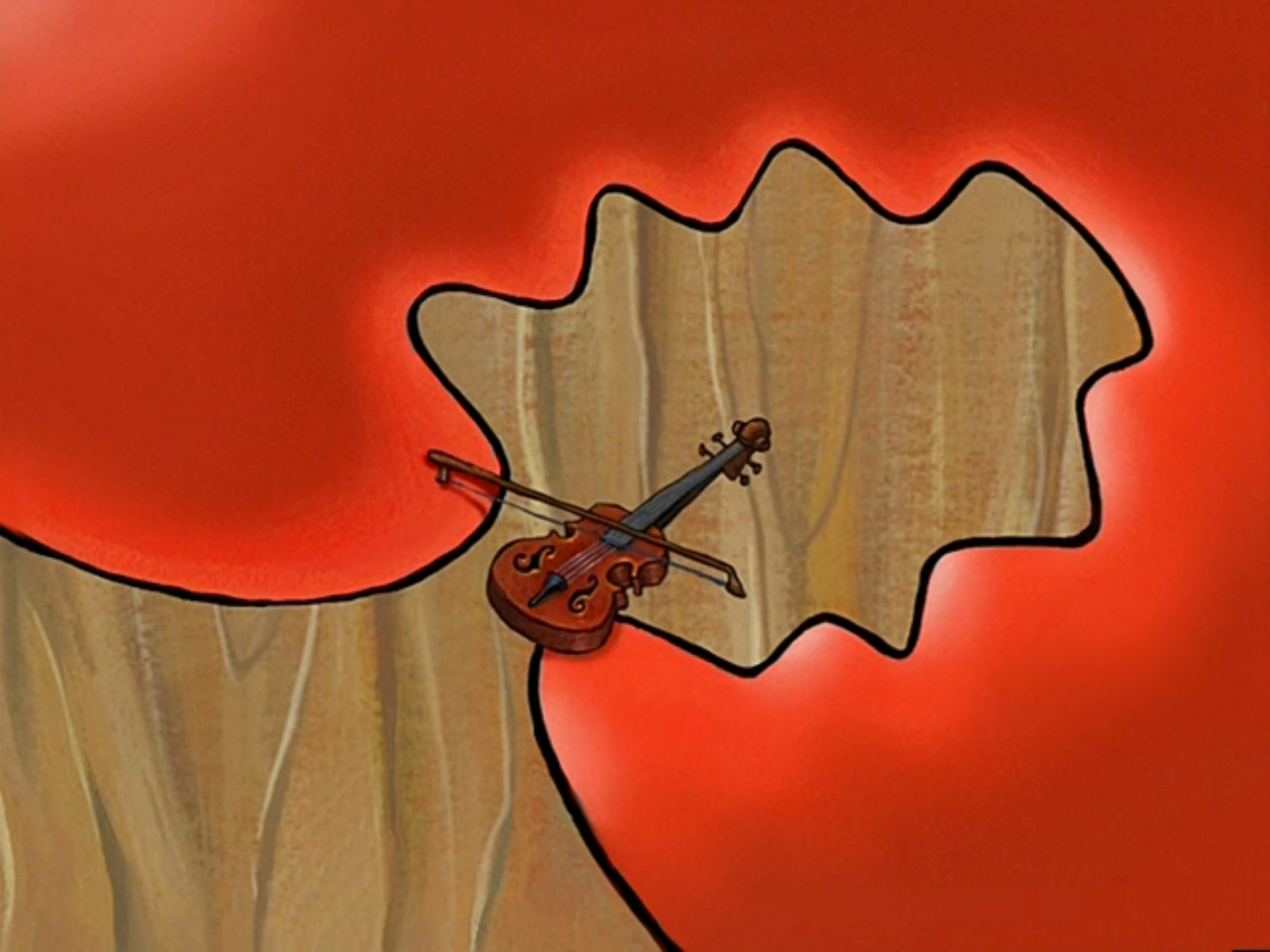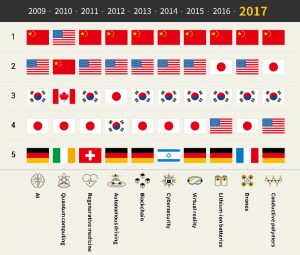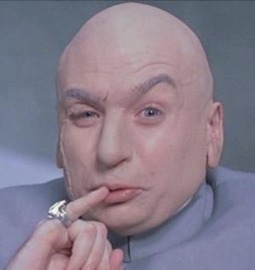erek
[H]F Junkie
- Joined
- Dec 19, 2005
- Messages
- 10,900
"Today we are finding out that Intel has allegedly infringed FinFET patents of Microelectronics Institute of the Chinese Academy of Sciences. On July 28th, the patent review committee has heard an application that accuses Intel of violating a patent 201110240931.5 commonly referred to as FinFET patent. The patent dates back to 2011, and it comes from the Chinese Academy of Sciences, mainly Microelectronics Institute. The Chinese patent holders are asking for as much as 200 million yuan, which roughly translates to 28,664,380 US dollars. Given that this patent infringement is a major one for Intel, it is sure that a company will be pursued extensively in court. All of the Intel's semiconductors use FinFET technology, and if this is true, the violation is rather big. For more in detail reading, please refer to the source which goes through the history of Intel and Microelectronics Institute patent violation filing."
https://www.techpowerup.com/270586/...-institute-of-the-chinese-academy-of-sciences
https://www.techpowerup.com/270586/...-institute-of-the-chinese-academy-of-sciences
![[H]ard|Forum](/styles/hardforum/xenforo/logo_dark.png)


